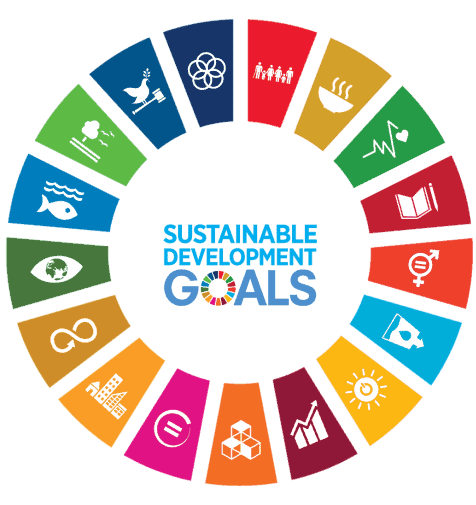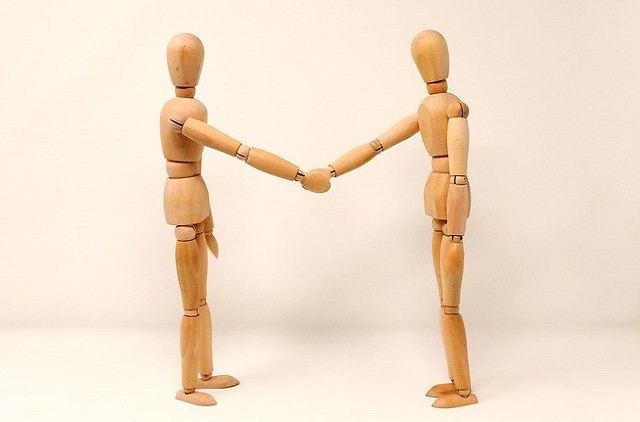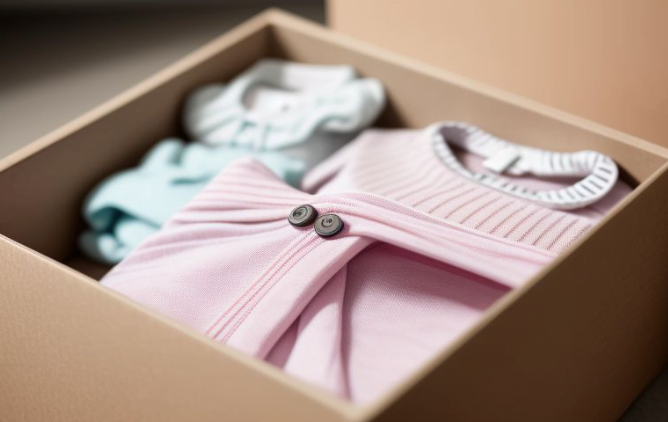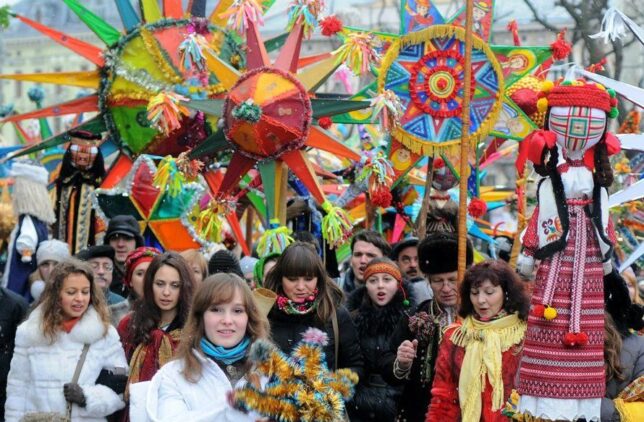If I won the Lottery - Transcript
Marco: Hey Sarah. Have you ever thought about what you would do if you won the lottery?
Sarah: Oh, definitely! It’s a fun thing to dream about. How about you?
Marco: Well, I think the first thing I’d do is pay off my debts. It would be such a relief not to have to worry about those.
Sarah: That’s very responsible! I’d probably do the same. And after that, I’d love to buy a new house in a quiet area.
Marco: Nice choice! I think I’d travel the world. There are so many places I’ve always wanted to see.
Sarah: Oh yes. Traveling is such a great way to experience different cultures.
Marco: True. And I’d also donate some money to charity. It’s important to give something back.
Sarah: Absolutely! I’d do the same. It’s important to help people in need.
Marco: So, Sarah, what’s the first thing you’d buy if you won the lottery?
Sarah: Well, aside from the house, I’d get a new car. Something reliable and stylish.
Marco: Good choice! I’d probably get a fancy sports car, just for fun.
Sarah: I didn’t know you were into cars.
Marco: Yeah, I’ve always dreamt of having a fast car. How about you? Any other big plans?
Sarah: I’d invest some money, and maybe start a small business. It’s always good to have a backup plan.
Marco: Very practical. It sounds like you’ve got it all planned out!
Sarah: Well, it’s fun to think about what I’d do with all that money.
Marco: Definitely. And who knows, maybe one day we’ll get lucky!
Sarah: Fingers crossed!
If Clauses Explained
“If” clauses, also known as conditional clauses, are used to express a condition and its possible result. These structures are divided into two parts: the “if” clause (the condition) and the main clause (the result). The relationship between the two clauses depends on the type of condition: real (likely to happen) or unreal (unlikely to happen).
Types of “If” Clauses
1. Zero Conditional (Real Present):
Used for general truths or facts.
Structure: If + present simple, present simple.
Example: If water reaches 100 degrees Celsius, it boils.
Explanation: This states a fact – when water reaches a certain temperature, it always boils.
2. First Conditional (Real Future):
Used for real possibilities in the future.
Structure: If + present simple, will + base form.
Example: If it rains tomorrow, we will stay indoors.
Explanation: This expresses a future possibility based on a present condition.
3. Second Conditional (Unreal Present):
Used for hypothetical or unlikely present situations.
Structure: If + past simple, would + base form.
Example: If I had a million dollars, I would travel the world.
Explanation: This describes an unlikely present scenario (not having a million dollars) and its hypothetical result.
4. Third Conditional (Unreal Past):
Used for imagining different outcomes in the past.
Structure: If + past perfect, would have + past participle.
Example: If she had studied harder, she would have passed the exam.
Explanation: This reflects a different outcome in the past if a certain condition (studying harder) had been met.
5. Mixed Conditional:
Combines elements of both the second and third conditionals.
Structure: If + past perfect, would + base form (for present results) OR If + past simple, would have + past participle (for past results).
Example: If I had learned to play the piano, I would be performing at the concert tonight.
Explanation: This sentence combines elements of the second and third conditionals to express a present result based on a past condition.
Negative Form Example
Negative First Conditional:
Example: If it doesn’t rain tomorrow, we won’t stay indoors.
Explanation: This negates a possible future result based on a present condition.







